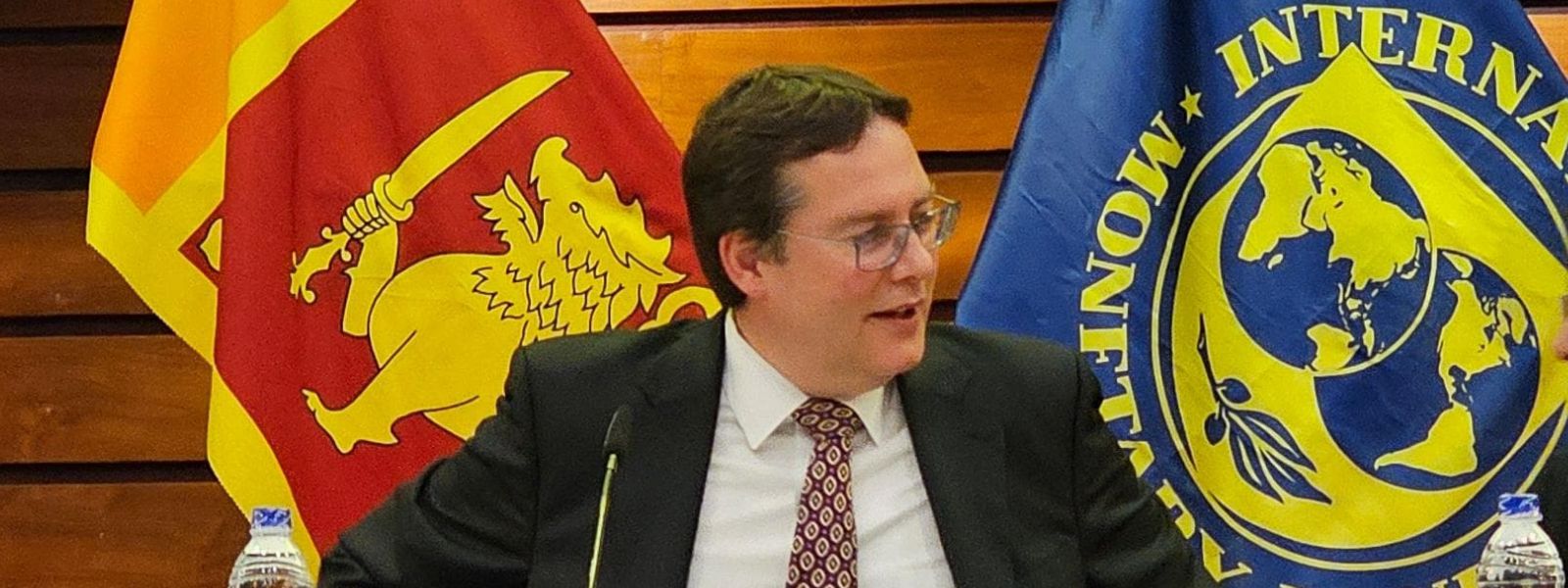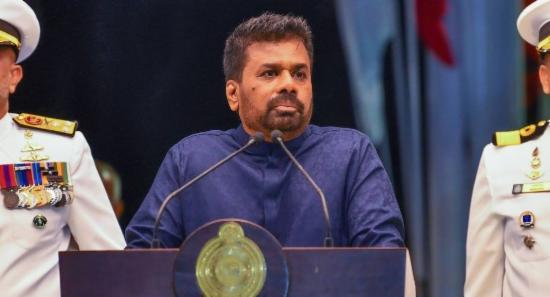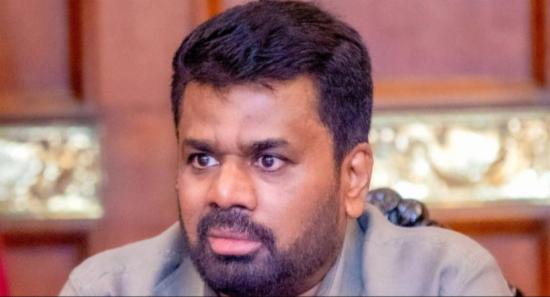.webp)

IMF Commends Sri Lanka’s Debt Progress, Warns of Ongoing Vulnerabilities
COLOMBO (News 1st); The International Monetary Fund said that Sri Lanka has made substantive progress towards advancing debt restructuring to restore debt sustainability.
A swift finalization of the Memorandum of Understanding with the Official Creditor Committee and final agreements with the Export Import Bank of China remains- a priority, said Peter Breuer, Senior Mission Chief for Sri Lanka at the Press Briefing on Sri Lanka on Friday (14).
He said that it is also important to complete the restructuring with external private creditors consistent with program targets. IMF staff will continue to assist the authorities with creditor coordination in line with the IMF’s policies.
However, he warned that despite these positive developments, the economy is still vulnerable and the path to debt sustainability remains knife-edged.
Peter Breuer stressed that important vulnerabilities associated with the ongoing debt restructuring, revenue mobilization, reserve accumulation, and banks’ ability to support the recovery continue to cloud the outlook.
"The key to transitioning from stabilization to a full recovery is sustaining the reform momentum amid strong ownership by the authorities and the Sri Lankan people more broadly. We encourage the authorities to continue to build on these hard-won gains and remain steadfast on their reform commitments," he added.
To restore fiscal sustainability, sustaining revenue mobilization efforts, promptly finalizing the debt restructuring in line with program targets and protecting social and capital spending remain critical. Advancing public financial management will help enhance fiscal discipline, and strengthening the debt management framework is also needed, said the Mission Chief.
He went on to ntoe that the IMF Executive Board’s approval on Thursday (13) recognizes the strong program performance. All quantitative targets were met, except for the marginal shortfall of the indicative target on social spending. Most structural benchmarks were either met or implemented with delay.
He added that monetary policy should continue to prioritize price stability, supported by a sustained commitment to refrain from monetary financing and safeguard central bank independence. Continued exchange rate flexibility and gradually phasing out the balance of payments measures remain critical to rebuild external buffers and facilitate external rebalancing. Restoring bank capital adequacy and strengthening governance and oversight of state-owned banks are top priorities to revive credit growth and support economic recovery.
Other Articles
Featured News





.png )
-819498_550x300.jpg)




-819468_550x300.jpg)





-819380_550x300.jpg)


-812087_550x300.jpg)
-810262_550x300.jpg)








.webp)






